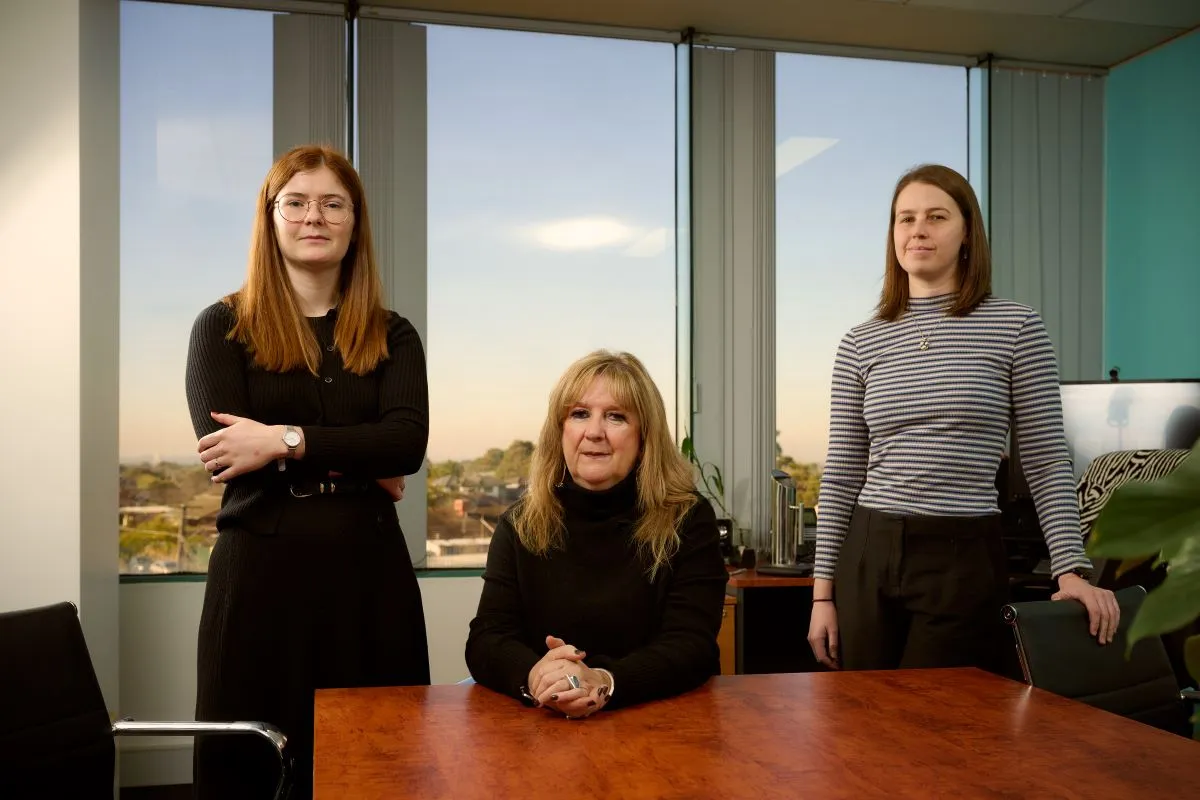Everyday Legal Grant
Support to address community legal need or improve understanding of the justice system.
Improving community legal information and education
Everyday Legal Grants provide up to $10,000 for civil legal projects that help Victorian's access legal help and navigate the justice system.
Funding is available for civil legal information and education projects that:
- address a civil legal issue for a specific community
- develop new approaches to community legal education
- deliver legal information or help to navigate the Victorian justice system.
Eligible organisations
Applications are open to:
- community legal centres
- community organisations with an internal legal service
- community organisations in partnership with a legal service.
Project types
Projects likely to be funded involve:
- address a civil legal or access to justice issue for a specific community, such as a legal information resource or tool
- develop or trial new approaches to delivering community legal education
- build on previous projects to increase impact.
Grant criteria
In addition to meeting the object of Victoria Law Foundation and our grant aims, applications are assessed on the following:
- Legal topic or access to justice issue.
- Project delivery and how it meets the needs of the audience.
- Outcomes for the intended audience.
Application Timeline
Everyday Legal Grants open 1 July 2025 until funding has been fully allocated.
Eligibility
We prioritise submissions from community legal organisations and other not-for-profit community organisations in partnership with a legal organisation.
Non-legal organisations are required to partner with an organisation with suitable legal expertise to ensure accurate legal information is provided to the intended audience.
We encourage partnerships between research organisations, courts, tribunals, statutory bodies and other community organisations to share knowledge, resources, provide guidance and expertise where there is shared interest.
We only fund organisations – individuals are not able to apply.
We focus on civil law and access to justice issues. We will consider work at the intersection of civil and criminal law, but we do not fund work exclusively on criminal law.
Preparing your application
If you are interested in applying for a grant, we offer a range of guidance supports and resources to help.
- Discuss your proposal with the Grants Manager.
- Ensure your proposal meets the grant criteria.
- Read the information about developing your proposal.
- Use our Smarty Grants form to submit an application.
Contact our Grants Manager
We recommend that you contact the Grants Manager before to submitting your application.
Discussing your project is the best way to ensure your application meets the grants criteria and to confirm there are sufficient funds available.
More information
Subscribe to our Grants newsletter to receive information about future grant opportunities.
Submit your application
Related Resources
Grant support
Keep up with the latest
Projects we've funded
Browse projects and access reports and other outputs from funded projects.
Case studies
Learn more about some of the projects funded by our grants.
Following the shift to routine digital engagement when applying to the court for family violence intervention orders, this partnership project between Northern Community Legal Centre and the Australian Muslim Women’s Centre for Human Rights will unpack the range of process issues and barriers to participation faced by culturally and linguistically diverse women within Melbourne’s North-West.

Delivery of community legal education to help culturally and linguistically diverse young people increase their literacy on family violence issues and shift attitudes that allow it to occur.

Find research and reports
Browse the reports and other outputs from funded projects.